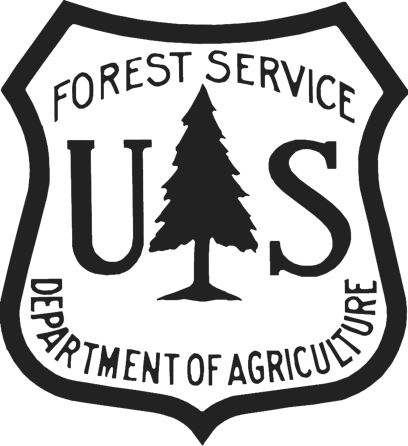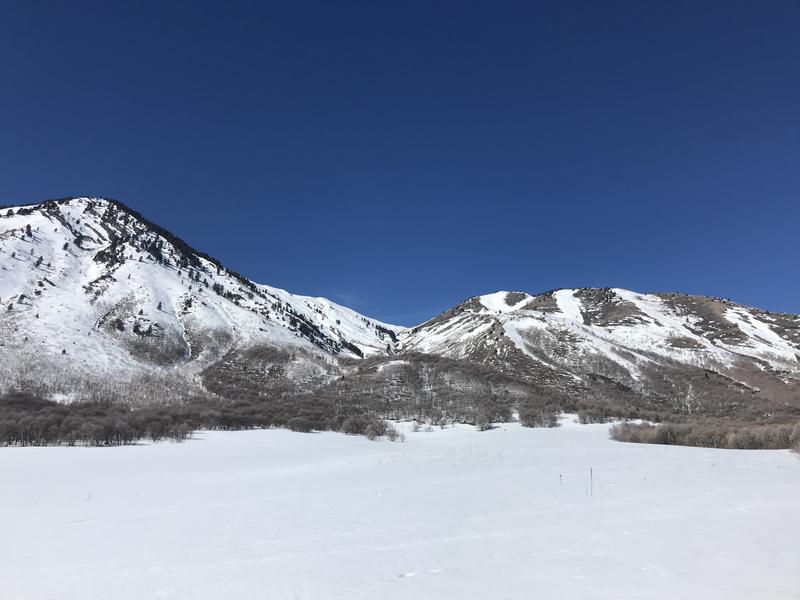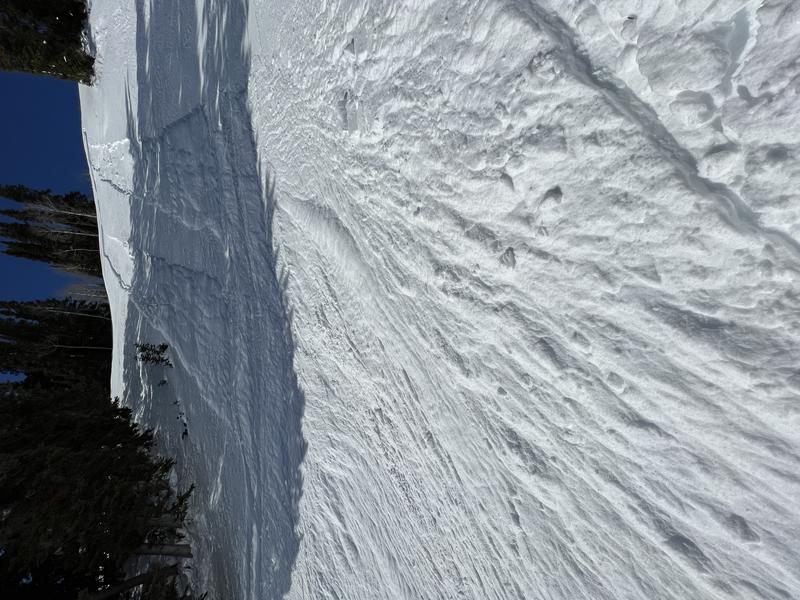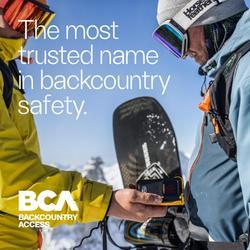Now is a great time to take advantage of nice weather and LOW avalanche danger in the backcountry, so get out there and explore the mountains with your family and friends.
The snow is generally stable across the Logan Zone, and it's been over a month since we've seen any significant avalanche activity. We've been finding the best riding conditions on lower-angled slopes in sheltered, shaded terrain. As you'd expect after a month of dry weather conditions, variable snow surface conditions are found in most places, ranging from soft and shallow recrystallized "powder", to smooth springlike "corn snow" in sunny terrain, to thin, breakable, and bulletproof crusts.
The 8400' Tony Grove Snotel reports 28°F, and there is 64 inches of total snow containing 103% of normal SWE for the date. Winds out of the west are blowing around 25 mph this morning at the 9700' CSI Logan Peak weather station. It will be sunny in the mountains again today, with a high temperature at 8500' around 43°F and 13 to 18 mph west winds. Tonight, temperatures will drop to around 19°F, with 16 mph west winds. Expect high temperatures tomorrow around 43°F, and sunny skies again with increasing 16 to 22 mph winds from the west-southwest. Looks like a little snow is possible tomorrow night and Tuesday, with 1 to 3 inches of accumulation forecast for Monday night and 2 to 4 inches possible on Tuesday.
You can find nice smooth, shallow, recrystallized surface snow or "loud powder" in sheltered areas, springlike "corn snow" in sunny terrain, and a wide variety of crusts and thin layers of facets elsewhere.
Friday in steep terrain in the Bear River Range a party of riders triggered a few loose avalanches or sluffs involving 10" to 12" of very loose sugary faceted surface snow. These were manageable but indicate potential for larger avalanches if we do ever get some significant snow accumulations. Yesterday in the Wasatch Range two different parties reported a person being caught in loose dry avalanches or sluffs. Both occurred on steep north facing slopes.
On a sustained slope, this kind of avalanche could be a problem if you get swept into trees or other terrain traps below like gullies or benches...








